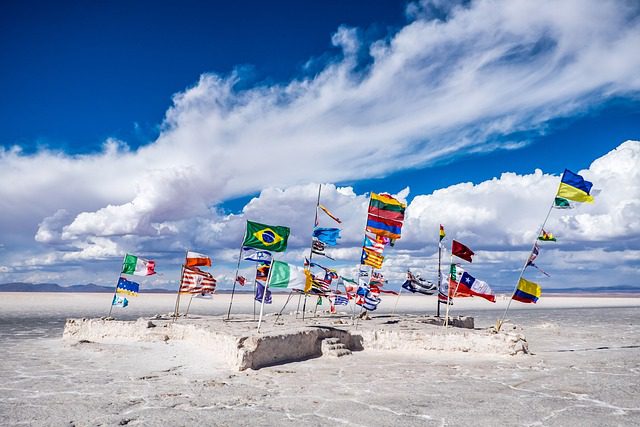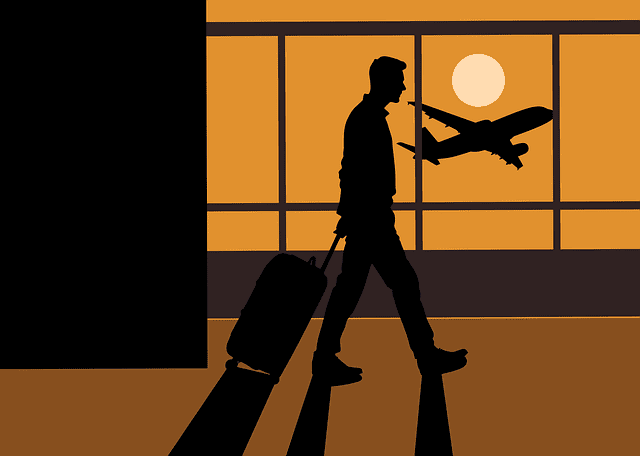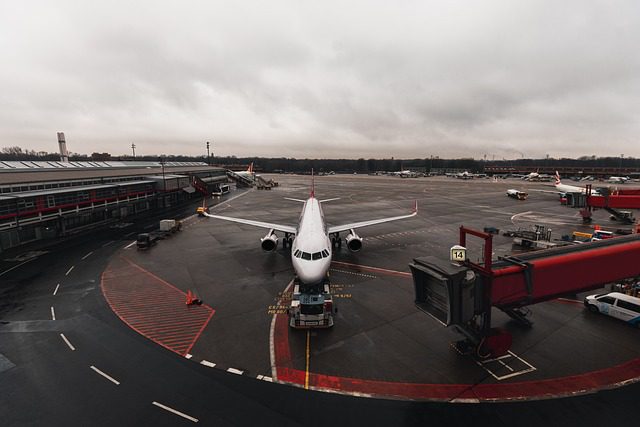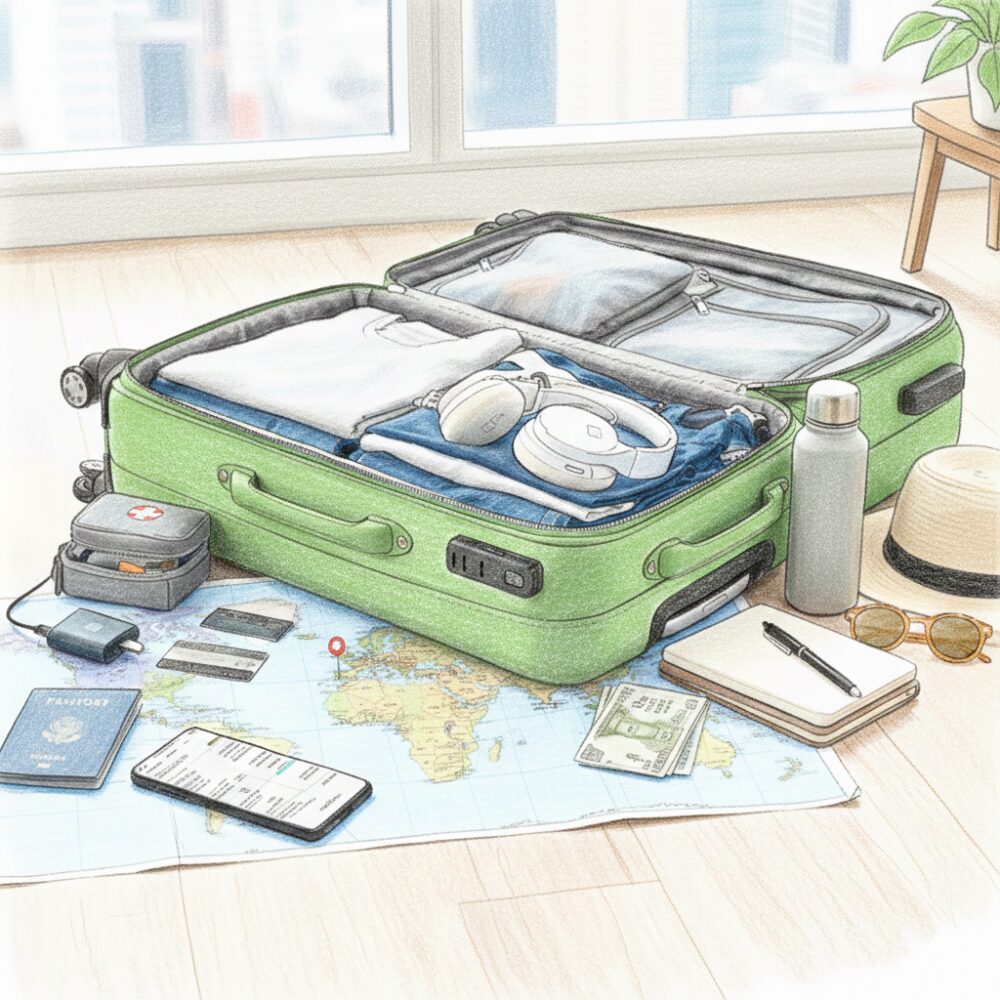Setting the Stage for an Unforgettable Journey
Traveling overseas is more than just crossing borders; it’s about embracing new worlds, unfamiliar rhythms, and perspectives that can transform the way you see life itself. Preparation is the foundation of a fulfilling journey. When you take time to plan every detail—from health precautions to cultural understanding—you pave the way for smoother transitions, meaningful encounters, and unforgettable experiences.
Research Your Destination Thoroughly

Photo by Pixabay/ Free to use under license.
Understanding the culture and customs
Each country carries its own cadence of life. Understanding its traditions and social norms can help you blend in respectfully rather than stand out awkwardly. Discover what gestures may be considered impolite, how locals greet one another, and which cultural practices hold sacred meaning.
Learning basic local phrases and greetings
A few words in the local tongue can open doors and hearts. Learning greetings, polite expressions, and simple questions not only eases communication but also shows respect for the host culture. Even imperfect pronunciation earns appreciation.
Checking political stability and safety advisories
Before you depart, consult government advisories for the latest information about political conditions or travel warnings. Awareness ensures you make informed decisions and avoid potentially unstable regions.
Organize Your Travel Documents Early
Ensuring your passport is valid and up to date
Verify your passport’s expiration date well in advance; most countries require it to be valid for at least six months beyond your return date. Renewing early spares you the panic of last-minute bureaucracy.
Understanding visa requirements and processing times
Each destination has unique visa regulations. Some offer visa-on-arrival, while others require lengthy applications. Review official embassy websites and allow ample time for processing.
Making digital and physical copies of essential documents
Scan your passport, visas, and travel insurance, and store them securely online. Carry printed copies in a separate bag. These precautions are invaluable if your originals are misplaced or stolen.
Get Vaccinated and Stay Healthy Abroad
Researching country-specific health requirements
Certain countries demand proof of specific vaccinations like yellow fever or polio. Consult reliable medical sources or government websites to confirm what’s mandatory or recommended.
Visiting a travel clinic for necessary vaccinations
Travel clinics provide expert advice tailored to your destination. They can also prescribe preventive medications for malaria or altitude sickness.
Packing a basic medical kit for emergencies
A compact health kit with pain relievers, antiseptics, and prescription medications can save the day when pharmacies are scarce or language barriers complicate communication.
Secure Comprehensive Travel Insurance
Choosing the right travel insurance policy
Not all policies are equal. Choose coverage that includes medical emergencies, trip cancellations, and lost luggage. For adventurous travelers, ensure it covers activities like diving or trekking.
Understanding coverage for medical, cancellation, and theft
Review exclusions carefully. Understand how reimbursement works and what documentation is required for claims.
Keeping emergency contact details easily accessible
Store your insurer’s hotline and your policy number digitally and on paper. Quick access is crucial during stressful moments.
Budgeting and Managing Your Finances
Creating a realistic travel budget
Factor in accommodation, food, local transport, and spontaneous indulgences. A flexible buffer keeps you from financial strain mid-journey.
Notifying your bank about international travel
Informing your bank prevents your card from being frozen due to “suspicious” foreign transactions.
Carrying multiple forms of payment safely
Distribute cash, cards, and digital wallets. Keep one backup method separate in case of theft or malfunction.
Booking Flights and Accommodation Smartly
Finding the best time to book for lower fares
Prices fluctuate with seasons and demand. Use fare alerts and incognito searches to spot the best deals without inflated pricing.
Reading reviews before booking hotels or homestays
Honest reviews reveal more than glossy photos. They offer insights into cleanliness, safety, and service quality.
Considering alternative accommodations for unique experiences
Hostels, boutique lodges, or homestays often provide richer cultural immersion than generic hotels.
Packing Strategically for International Travel

Photo by Pixabay/ Free to use under license.
Making a versatile packing checklist
Create a list tailored to your destination’s climate and itinerary. Packing light yet efficiently offers freedom of movement.
Balancing comfort, practicality, and style
Choose clothing that transitions easily from day to night and adapts to varied environments.
Understanding baggage rules for airlines
Know your airline’s size and weight restrictions to avoid surprise fees at the counter.
Preparing Your Electronics and Connectivity Needs
Checking voltage and adapter requirements
Different countries use different plug types. A universal adapter and voltage converter are essential companions.
Getting an international SIM card or portable Wi-Fi
Reliable connectivity allows for seamless navigation and communication. Compare roaming costs versus local SIM options.
Backing up important data and photos before leaving
Safeguard your memories and documents with cloud backups or external drives.
Understanding International Customs and Etiquette
Learning about local tipping culture and gestures
Tipping norms vary widely—from mandatory service charges to outright rejection. When unsure, observe locals or discreetly ask.
Respecting dress codes and religious practices
Modesty or head coverings may be required in certain areas. Dressing appropriately conveys cultural awareness and humility.
Understanding local laws and prohibited items
Some souvenirs or medications are illegal in specific countries. Research thoroughly to avoid fines or confiscation.
Safety Precautions for Travelers
Registering your trip with your embassy
Registration ensures that authorities can locate and assist you in emergencies or natural disasters.
Keeping your valuables secure
Use money belts, RFID-blocking wallets, and hotel safes. Avoid displaying wealth or carrying all valuables together.
Staying alert in crowded or tourist-heavy areas
Pickpockets target distracted visitors. Stay vigilant, especially around transport hubs or markets.
Organizing Transportation Abroad
Researching local transportation options
Understand how public transport operates and the reliability of taxis or rideshares. Knowledge prevents overcharging and confusion.
Understanding international driving permits
If you plan to rent a vehicle, verify if your license is recognized. Some countries require an International Driving Permit (IDP).
Pre-booking airport transfers or rideshares
Booking ahead provides peace of mind, especially when arriving late or in unfamiliar cities.
Staying Connected with Family and Friends
Setting up communication apps before departure
Install messaging or calling apps like WhatsApp or Telegram in advance. Test them on Wi-Fi before leaving home.
Sharing your itinerary for safety
Give trusted contacts a copy of your travel plans, accommodation details, and emergency numbers.
Checking roaming plans and Wi-Fi access
Research data costs abroad. Many airports, cafés, and hostels offer free Wi-Fi to stay connected economically.
Managing Time Zones and Jet Lag
Adjusting your schedule before departure
Gradually shift your sleep cycle a few days before traveling. This softens the blow of drastic time differences.
Hydration and rest tips for long flights
Drink plenty of water, stretch frequently, and avoid excessive caffeine or alcohol.
Using light exposure to reset your internal clock
Sunlight helps recalibrate your circadian rhythm. Spend time outdoors upon arrival.
Preparing for Different Climates and Seasons

Photo by Pixabay/ Free to use under license.
Checking weather conditions before packing
Weather can fluctuate dramatically; knowing what to expect saves you from discomfort.
Layering for unpredictable temperatures
Light layers offer flexibility for both cool mornings and warm afternoons.
Protecting yourself from sun, rain, or cold
A compact umbrella, sunscreen, and a quality jacket can make all the difference.
Handling Language Barriers Confidently
Downloading translation apps for offline use
Offline functionality ensures you can communicate even without internet access.
Learning polite phrases to ease communication
Words like “thank you” and “please” transcend fluency and convey warmth.
Using body language effectively
Smiles and gestures can bridge linguistic divides—so long as they’re culturally appropriate.
Cultural Sensitivity and Responsible Tourism
Understanding the importance of cultural respect
Every traveler is an ambassador. Respectful behavior strengthens cross-cultural harmony.
Supporting local businesses and sustainable travel
Opt for locally owned eateries and artisans. Your spending can empower communities.
Avoiding behavior that could be seen as offensive
Be mindful of photography restrictions, public affection, and tone of voice in sacred spaces.
Essential Apps and Digital Tools for Travelers
Navigation, translation, and travel planner apps
Apps like Google Maps, Maps.me, and TripIt simplify navigation and coordination.
Expense trackers for budget management
Monitor your spending in real time to avoid surprises later.
Offline entertainment for long journeys
Download audiobooks, podcasts, or films to make transit time enjoyable.
Dealing with Emergencies Abroad
Knowing what to do if your passport is lost or stolen
Report it immediately to local authorities and your embassy. Carry copies to expedite replacements.
Finding local hospitals and emergency contacts
Save nearby hospitals, clinics, and emergency numbers before you travel.
Understanding travel insurance claim procedures
Follow your insurer’s instructions precisely to ensure swift assistance and reimbursement.
Preparing Your Home Before You Leave
Arranging pet or plant care
Ensure a trusted friend or service looks after your pets and greenery.
Setting up mail forwarding or hold service
Uncollected mail signals absence—avoid potential security risks by arranging mail management.
Securing your home and unplugging electronics
Lock all windows, unplug devices, and set timers for lights to simulate presence.
Mental Preparation for International Adventures
Managing pre-travel anxiety
Calm your nerves through lists, routines, and relaxation techniques. Confidence grows with preparation.
Keeping an open mind for cultural surprises
Every culture has its quirks. Embrace differences rather than resist them.
Balancing spontaneity with safety awareness
Stay flexible in plans but grounded in common sense. Serendipity thrives best within a safe framework.
Conclusion: Depart with Confidence and Curiosity
Preparation is not about rigidity—it’s about empowerment. When you anticipate the essentials, you free your mind to savor the moments that truly matter: the laughter shared with strangers, the aroma of new cuisines, the awe of foreign skylines. With diligence and curiosity, your overseas adventure becomes not just a trip, but a life-enriching odyssey.




